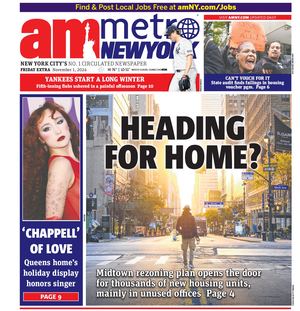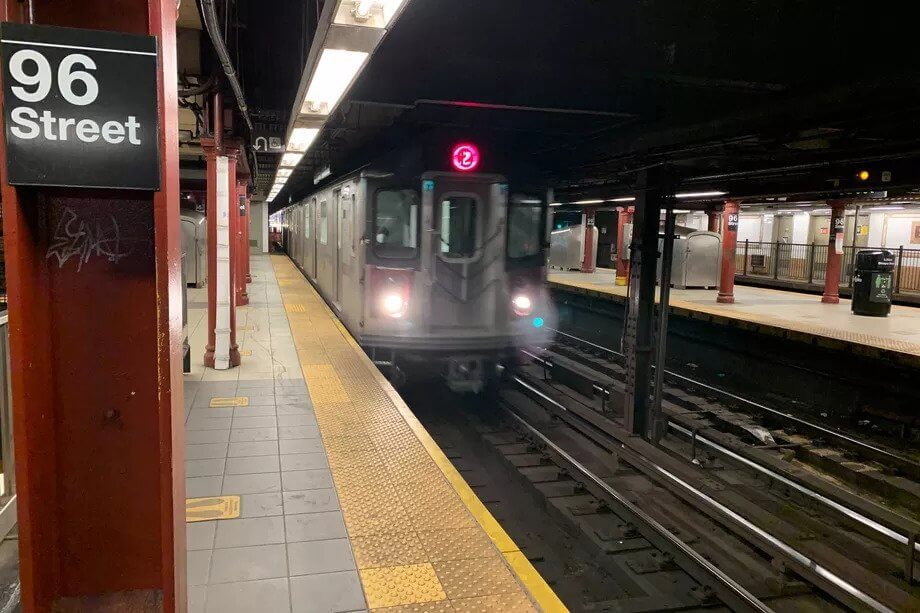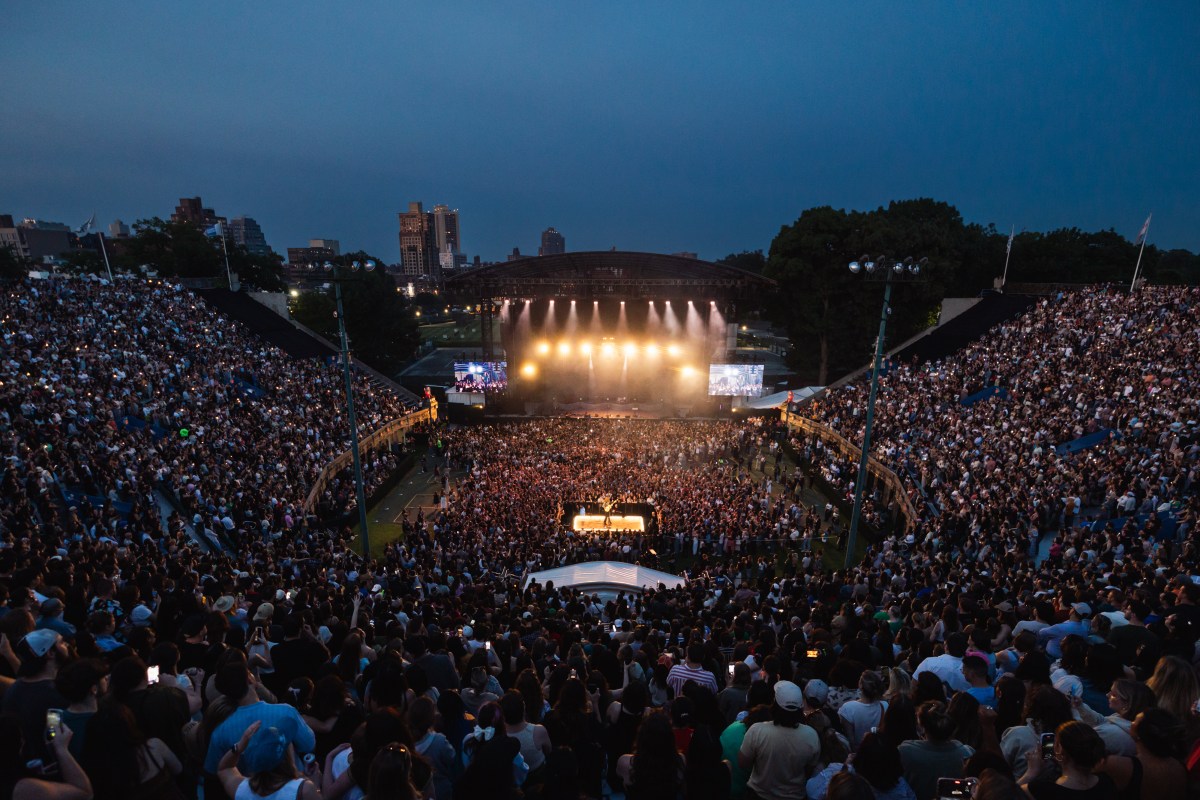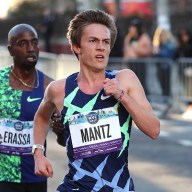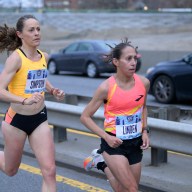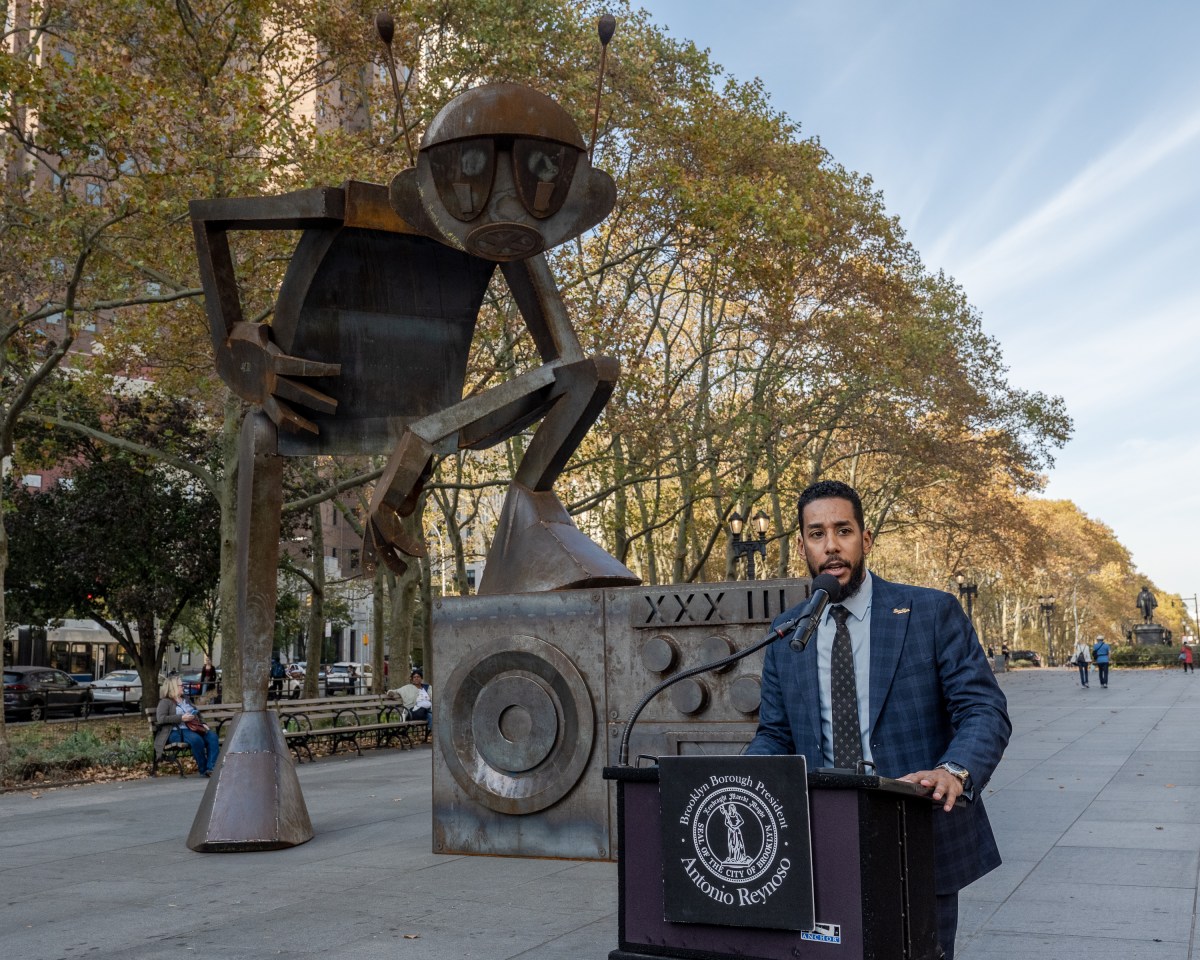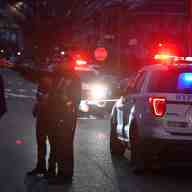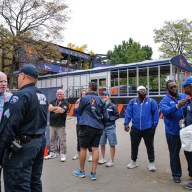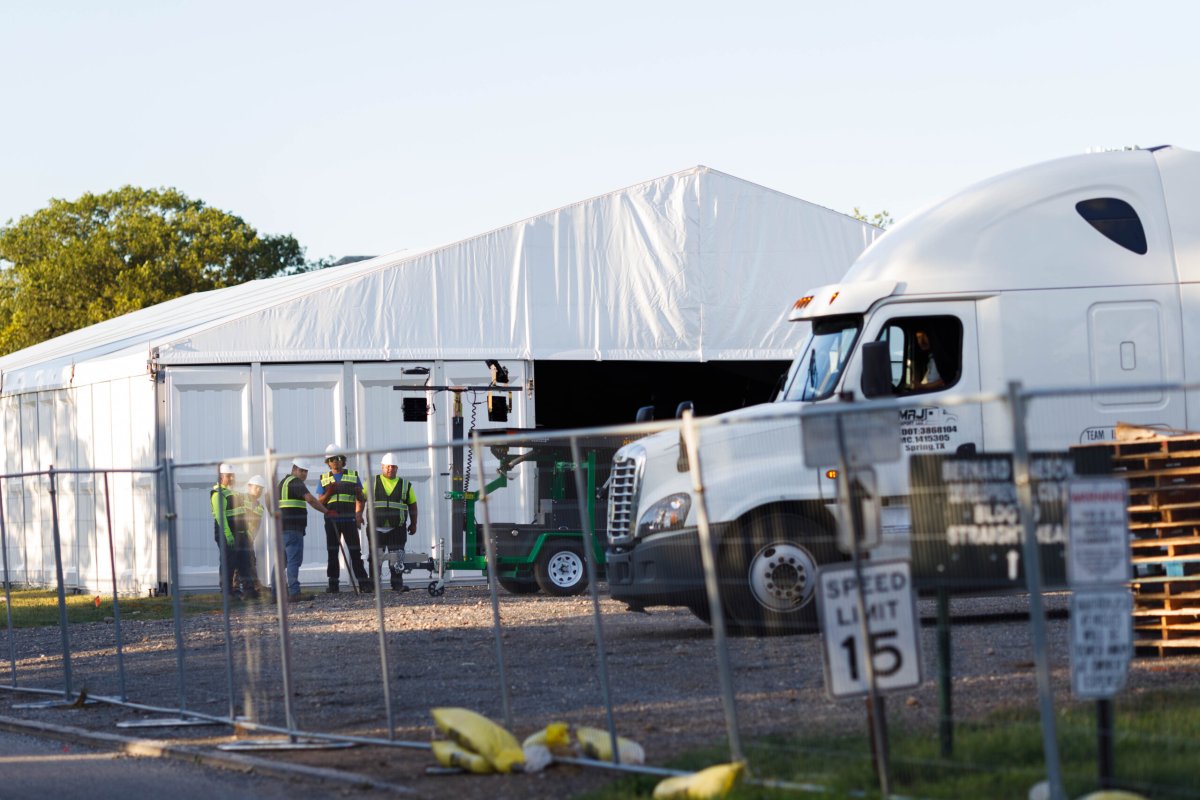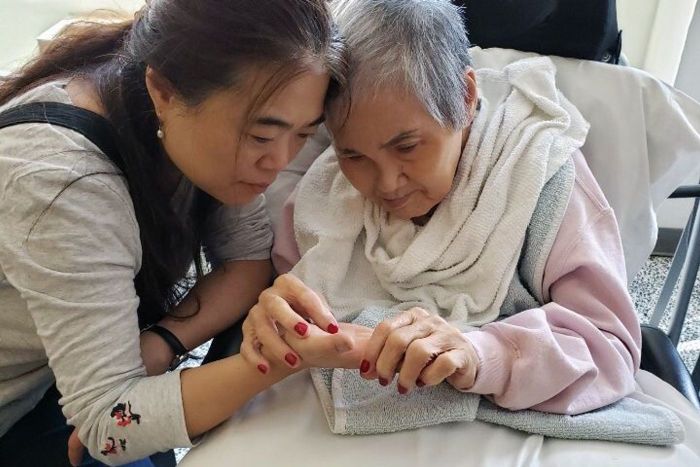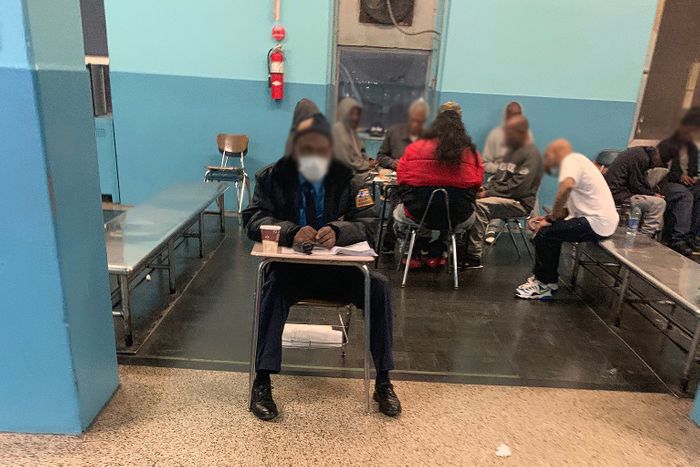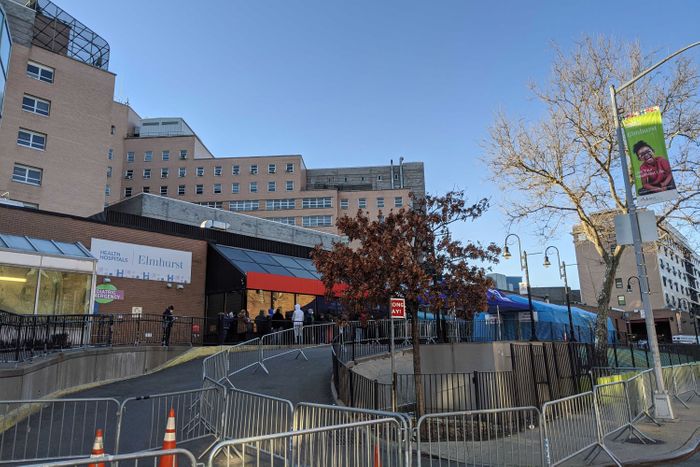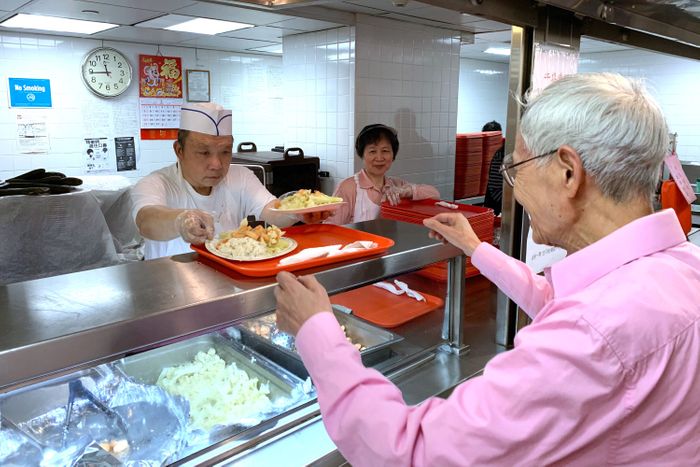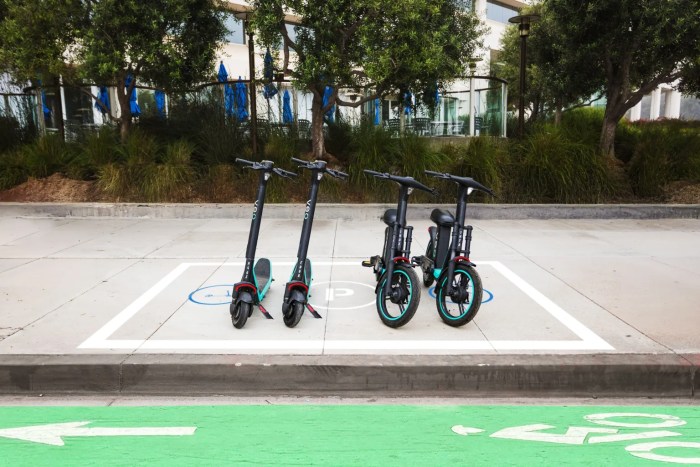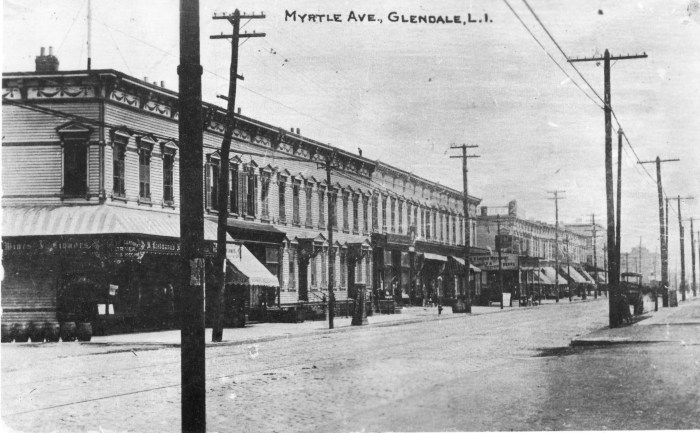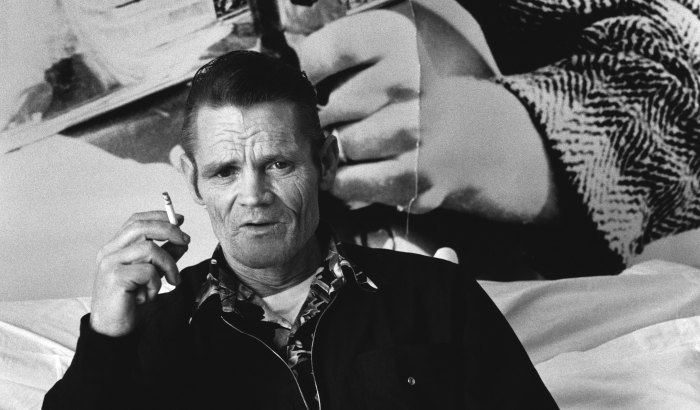By Jose Martinez, THE CITY
This article was originally published on by THE CITY
Jerome Golden had operated subway trains for 17 years without ever being involved in a deadly accident.
“A lot of people I know, it’s happened to them,” Golden said. “But never to me.”
But in the course of a single week last month, the veteran motorman suffered dual tragedies — fatally striking two women, the same age, just days apart at the same Upper West Side station.
“I feel like a killer,” Golden, 53, told THE CITY on Tuesday.
One of the women Golden hit appeared to commit suicide, officials said. The other apparently fell onto the tracks while walking between cars.
The collisions at the 96th Street stop on the 1/2/3 lines came during a year when more people died on the tracks than in 2019 — despite a pandemic-driven plunge in ridership and a nightly four-hour shutdown of passenger service.
The MTA logged 169 collisions between trains and people last year — 63 of them fatal. There were 62 deadly strikes in 2019.
MTA and Transport Workers Union officials say the numbers point to a mental health crisis that has contributed to a significant increase from five years ago in the number of people ending up on the tracks.
Sarah Feinberg, the interim president of New York City Transit, told THE CITY the 12-9s — radio code for a person under a train — are “absolutely devastating” for the victim and “traumatic” for train operators, frontline workers and witnesses.
“We continue to implore the city to offer more resources to those who specialize in mental health and social services — and to those who are in need — so these tragedies can be prevented,” she said.
‘I Keep Seeing Her’
Golden was at the controls of a Brooklyn-bound No. 2 train around 10:30 a.m. on Dec. 19 when he spotted a woman about 20 feet in front of him walking toward the edge of the platform as he pulled into 96th Street.
“All I know from her body language from seeing her is that she made the decision at the last second,” he said. “At that point, there was nothing we could do.”
Golden said he put the train into emergency brake mode in a futile attempt to stop before striking the woman.
“That’s all I could do,” he said. “I was hopeless.”
Police said the 32-year-old woman died at the scene.
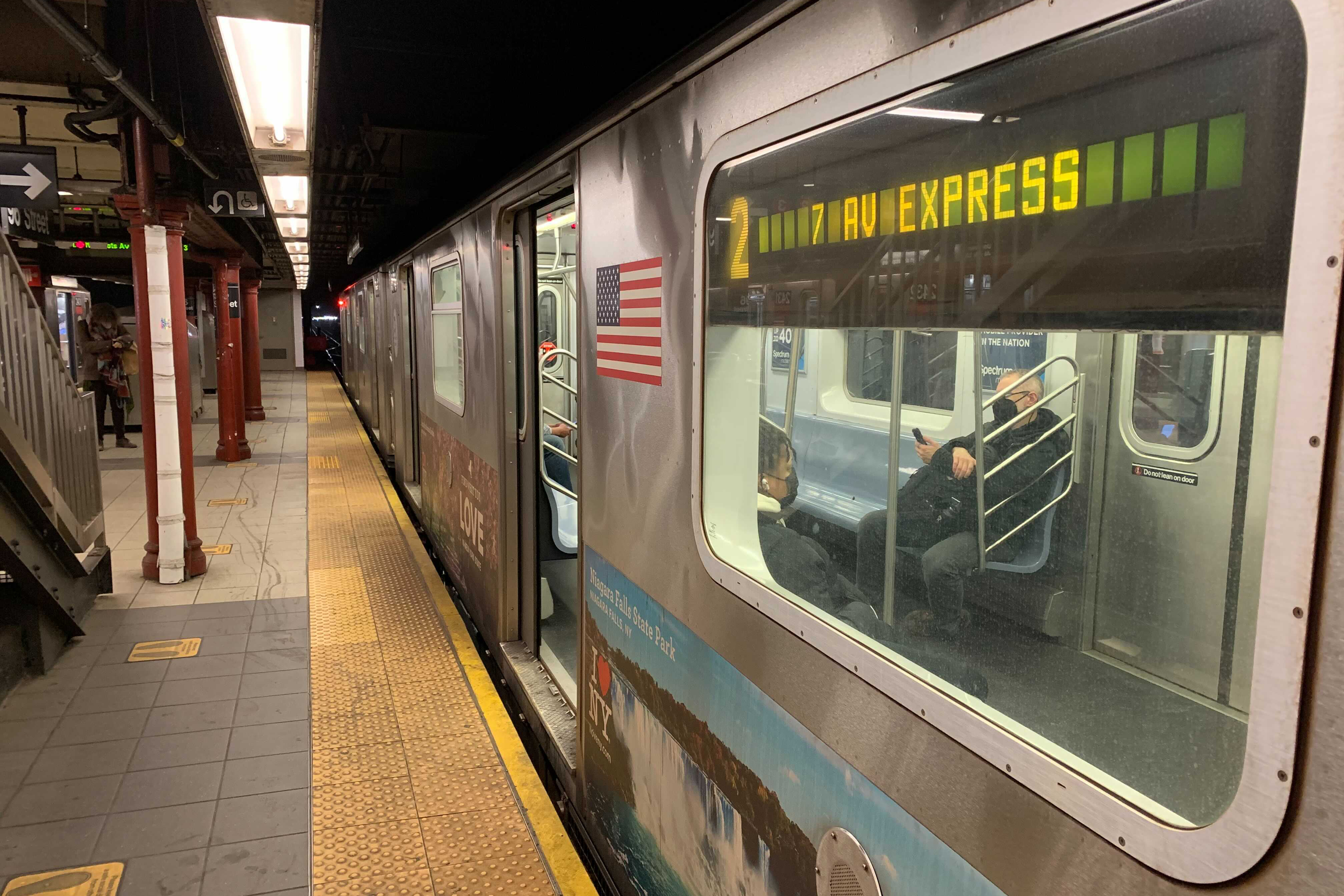
Golden, who drove MTA buses for three years before becoming a train operator, said the fallout from what he witnessed keeps him from sleeping.
“I keep seeing this lady, the one who jumped off the platform,” he said. “I keep seeing her jumping onto the roadbed.”
One week later, Golden was on his first day back at work when he said his train’s emergency brakes activated as he pulled out of 96th Street just before 1 a.m.
Police said another 32-year-old woman was found dead beneath the train. She fell to the tracks while trying to walk between subway cars, CBS 2 reported, citing police.
Golden said he had only come back to work within days of the first fatality for a very specific reason.
“I’m a grandfather now and it’s Christmas,” he said. “I’m trying to work so I can get this money and give my granddaughter a good Christmas.”
‘Nobody’s Getting Them Help’
Golden said the back-to-back fatalities have left him scarred and unsure of when he will return to work. “It feels like every time I go in the station, someone’s going to come off the platform and jump in front of my train,” he said.
He noted the job has become increasingly difficult because of encounters with unruly riders who tangle with train crews, even during the overnight hours when the system is supposed to be off-limits to all but police and transit workers.
“It’s not fair that the city of New York is making us deal with their baggage, the people with mental health issues that ride the train all night,” he said. “That’s not our fault.”
Transit officials and advocates for the homeless have repeatedly said some of the problems in the subway stem from a lack of options for a population vulnerable on multiple levels.
“It’s part of the problematic view of homelessness that doesn’t focus on actual solutions,” said Giselle Routhier, policy director for Coalition for the Homeless.
“Nobody’s getting them the help they need,” said Crystal Young, a train operator and shop steward with Transport Workers Union Local 100. “There needs to be a system in place to get them the help they need so there can be an overall fix.”
Golden said he’s not sure when — or if — he will be fit to return to work.
“Now I’m stressed out extra, now I’m scared,” he said. “I don’t want to kill no one.”
THE CITY is an independent, nonprofit news outlet dedicated to hard-hitting reporting that serves the people of New York.
